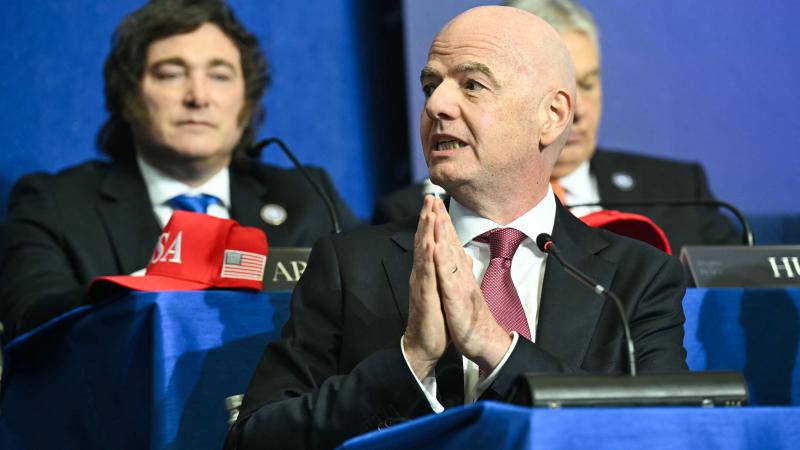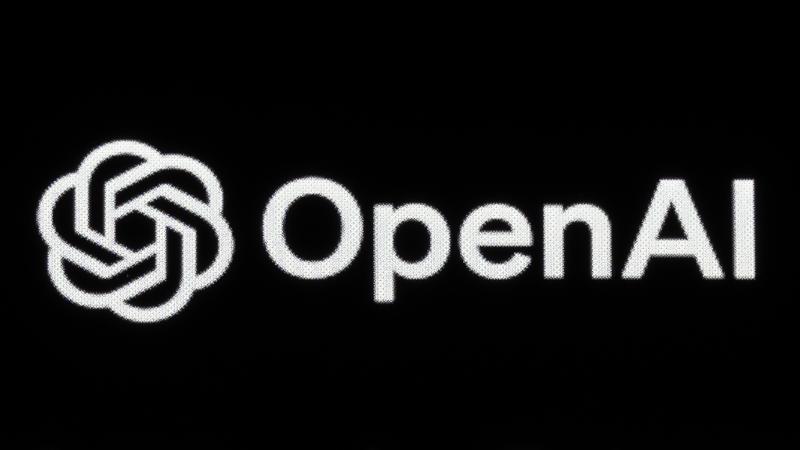Close of Free Iran Summit includes dire nuclear warning from Dershowitz, reflections on '88 massacre
“The cruelty in Iran was not a byproduct, the cruelty was the point" – Keith Harper, former U.S. ambassador to the U.N. Human Rights Council.
Acclaimed attorney and legal thinker Alan Dershowitz could not stand or take to the stage on the final day of the Free Iran Summit in Paris, but his remarks Monday brought many of Iranian dissidents at the event to their feet.
Speaking from a wheelchair after a fall that tore his hamstring the day before, the 85-year-old Dershowitz made a strong and wide-ranging case for applying pressure on the ruling government in Iran and warning of the dangers that country could represent if it managed to obtain a nuclear weapon.
“I think that if Iran gets nuclear weapons, it will be the worst nuclear power in the world, worse even than North Korea,” said Dershowitz, a former Harvard law professor famed for representing controversial clients in high-profile cases.
“They’d attack Israel and kill three million Jews, knowing Israel would retaliate and kill 10 million people in Tehran but to them such a tragedy would be worth it because it would mean the end of Israel.”
The third and final day of the 21st edition of the Free Iran event was focused on “accountability” of Iran’s role in the 1988 massacre believed to have cost 30,000 political prisoners their lives, most of them from the People’s Mojahedin Organization of Iran (MEK), host of the event.
Maryam Rajavi, president-elect of the National Council of Resistance of Iran (NCRI), a coalition of dissident groups including MEK, opened Monday’s session promising the 1988 killings in Iran would never be forgotten.
Rajavi’s remarks came less than two weeks after United Nations Rapporteur Javid Rehman announced the events of 1988 in Iran should be recognized as a “genocide” – the first time that term was used at such a high level.
“To the ruling mullahs in Iran we say, ‘The hands you break, the eyes you blind, the blood you shed will never be forgotten,’” Rajavi vowed Monday.
Like Dershowitz, many of the speakers Monday were legal and human rights experts, including former Kansas Sen. Sam Brownback and ambassador-at-large for international religious freedoms; Joachim Rucker of Germany, former president of the United Nations Human Rights Council; British national Mark Ellis, executive director of the International Bar Association; and Keith Harper, former U.S. ambassador to the U.N. Human Rights Council.
Organizers also played three videos recorded by former political prisoners recorded from inside Iran, speaking with their faces blurred, voices distorted, and names withheld. They described heartbreaking scenes of beatings, sexual assault, injections with toxic chemicals, and psychological torture.
Amineh Qaraee, a woman whose father was among the victims of the 1988 killings for aligning with MEK, gave a powerful in-person address at the Paris summit.
“What did they want except to have freedom?” Qaraee asked, breaking down into tears multiple times. When she finished her remarks, the crowd on hand broke into chants of “Shame! Shame!”
Speakers cast the events of 1988 in an international context.
“The crimes in Iran rise to the level of universal jurisdiction, which means that every state has the obligation to bring those responsible to justice,” Ellis said.
In his remarks, Harper encouraged the work of MEK and the NCRI to bring officials connected to the 1988 massacres to justice.
“The cruelty in Iran was not a byproduct, the cruelty was the point,” Harper said, then, turning to Rajavi, he said, “Your work on this is righteous.”
Rucker called for the government in Iran, which sponsors Middle Eastern terror groups Hamas and Hezbollah, to itself be declared a terror organization, while Brownback said that the overthrow of the regime in Iran was a necessary prerequisite to peace in the war-torn Middle East.
“You cannot predict when these things will happen, but you can predict that they will happen,” he said.
Dershowitz and many other speakers during the three-day event in Paris used their remarks to pay respects to Joe Lieberman, the former senator from Connecticut who was the 2000 Democratic candidate for vice-president.
Lieberman, who died in March, was a long-time supporter of MEK and a participant in multiple Free Iran events. A large photo of him stood outside the summit venue, the NRCI headquarters in the French capital.
“Joe would have been so proud of what everyone is doing here at this meeting to ensure a free Iran,” Dershowitz said.
According to organizers, the three-day summit was attended by more than 500 lawmakers and political figures from around the world, and included the release of a declaration supported by more than 4,000 legislators from 50 countries calling the 1988 massacres a “crime against humanity” and urging support for the efforts of MEK and the NCRI.















